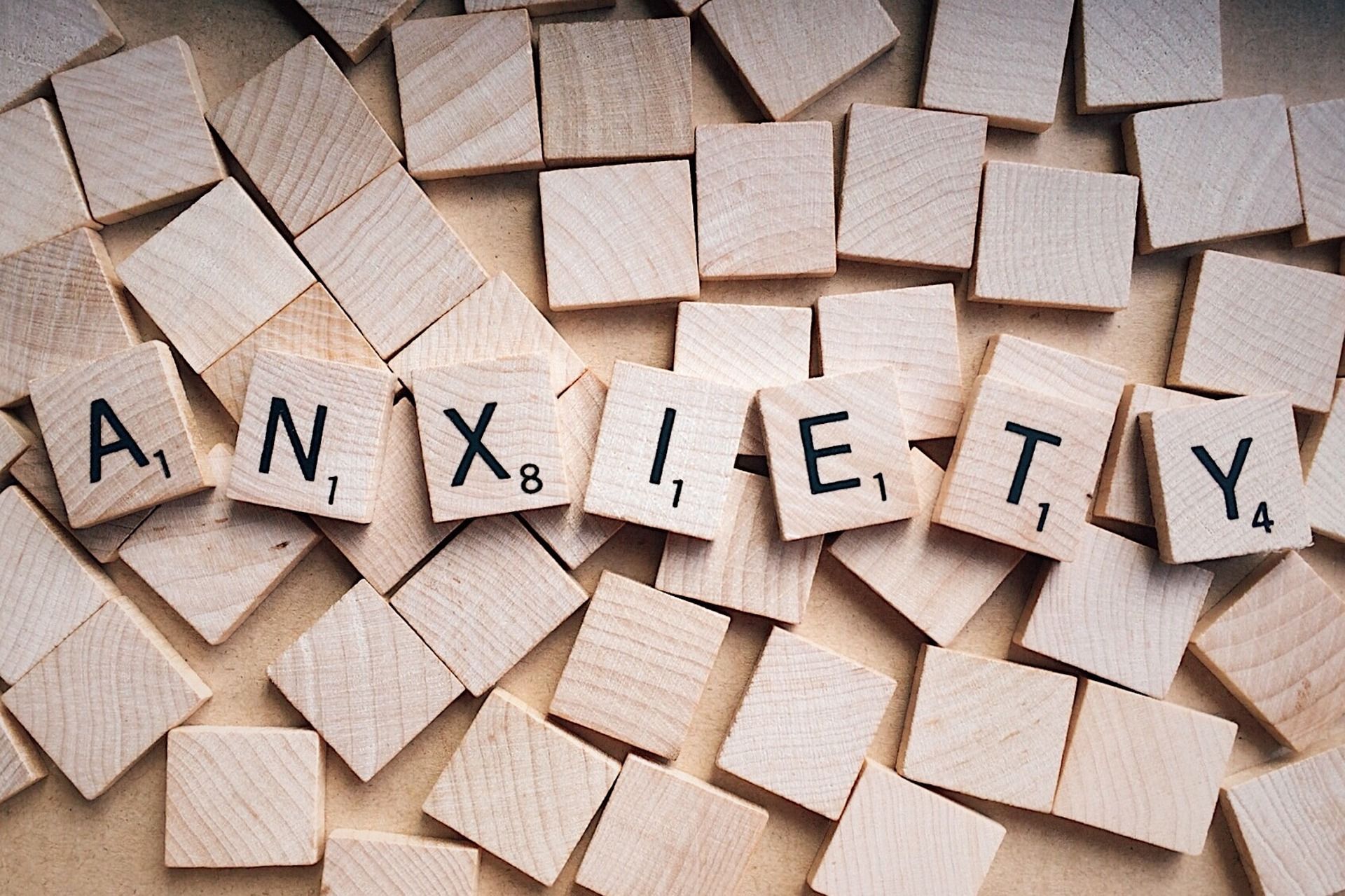Is Anxiety Hereditary?
Anxiety is a common mental health issue that affects millions of people worldwide. It can manifest in various forms, such as generalized anxiety disorder, social anxiety, panic disorder, and specific phobias. As a complex condition, anxiety is influenced by a multitude of factors, including genetics, environment, upbringing, and personal experiences. We will try to answer the question: is anxiety hereditary?

Is Anxiety Hereditary?
If you have a family history of anxiety, does that mean you are destined to develop it? Absolutely not. Genetic predispositions are not a guarantee of developing anxiety disorders. While they may increase the likelihood, it is undoubtedly not a definitive predictor.
Managing anxiety involves a multi-faceted approach that combines various strategies. If you have a family history of anxiety, being aware of your potential vulnerability may prompt you to be proactive in implementing healthy lifestyle practices. Regular exercise, stress management techniques, seeking support from mental health professionals, and creating a supportive environment can all contribute to reducing anxiety symptoms.
Factors that Can Influence Inheriting Anxiety
Anxiety is a prevalent mental health issue affecting millions of people worldwide, and its causes have long been a subject of interest and study. While it is widely acknowledged that anxiety can stem from various environmental and lifestyle factors, emerging research has shed light on another significant dimension: inherited anxiety.
Genes and Molecular Biology
Recent studies indicate a strong genetic component in anxiety disorders, pointing to specific genes that may be responsible for increased vulnerability. The human genome is comprised of several thousand genes, and genetic variants or mutations within certain genes have been linked to an increased risk of developing anxiety disorders. These genes primarily influence the regulation of neurotransmitters, brain circuits, and the physiological stress response, all of which play crucial roles in anxiety.
Family History and Hereditary Influence
An individual's family history plays a vital role in determining their predisposition to anxiety. Research suggests that having a close relative with an anxiety disorder significantly raises the likelihood of developing the condition oneself. Various anxiety disorders, such as generalized anxiety disorder, panic disorder, and social anxiety disorder, have been observed to run in families. While genetic factors may contribute to this familial pattern, environmental factors within the family dynamics may also play a role.
Epigenetic Factors and Environmental Interactions
Epigenetics refers to modifications in gene expression that occur without any changes in the underlying DNA sequence. It is an emerging field that explores how environmental factors interact with genes, potentially contributing to the development of anxiety disorders. Stressful life events or experiences during critical periods of development can leave epigenetic marks on genes related to anxiety, altering their expression and increasing vulnerability. This highlights the immense influence of both genetic and environmental factors in shaping an individual's susceptibility to anxiety.
Neurotransmitter Imbalances and Hormonal Factors
Neurotransmitters, chemicals that facilitate communication between neurons in the brain, play a crucial role in mental health. Certain neurotransmitters, such as serotonin, gamma-aminobutyric acid (GABA), and norepinephrine, have been implicated in anxiety disorders. Variations in the genes responsible for their production, reception, or regulation can lead to imbalances, potentially increasing the risk of anxiety.
Additionally, hormonal factors, such as those related to the endocrine system, have been associated with anxiety disorders. Fluctuations in hormones, such as cortisol (the stress hormone) and estrogen, can influence an individual's emotional well-being and resilience to stress.
How Anxiety Is Diagnosed
The first step in diagnosing anxiety is recognizing the symptoms. Anxiety can manifest in a variety of ways, both physically and mentally. Common physical symptoms include restlessness, irritability, difficulty sleeping, increased heart rate, sweating, and muscle tension. On the other hand, some mental symptoms include excessive worrying, feeling on-edge, having difficulty concentrating, and feeling a sense of dread or impending doom.
If you or someone you know is experiencing some of these symptoms, it may be worth seeking professional help. The diagnosis of anxiety is typically made by a healthcare professional, such as a psychologist, psychiatrist, or primary care physician. These professionals are trained to identify the signs and symptoms of anxiety and differentiate them from other mental health conditions.
During the diagnostic process, the healthcare professional will conduct a thorough assessment of the individual's symptoms and medical history. They may also perform various psychological tests to further understand the extent and impact of anxiety on the person's life. Additionally, the healthcare professional may ask detailed questions about the individual's daily routine, relationships, and any triggering events that may have led to the development of anxiety.
In some cases, physical tests may also be conducted to rule out any underlying medical conditions that could be causing or exacerbating the anxiety symptoms. This is important because certain medical conditions, such as thyroid disorders or heart conditions, can manifest with symptoms similar to anxiety.
Treatment for Anxiety
Ketamine, commonly used as an anesthetic since the 1970s, works by blocking a particular receptor in the brain called the NMDA receptor. However, recent studies have demonstrated that ketamine also has significant antidepressant and anxiolytic (anti-anxiety) effects, unrelated to its anesthetic properties. By influencing glutamate release, a key neurotransmitter, ketamine helps regulate brain functions related to mood, emotions, and anxiety.










